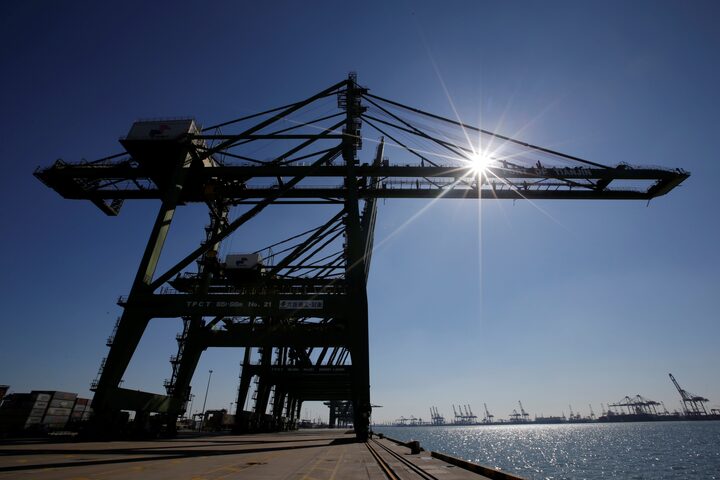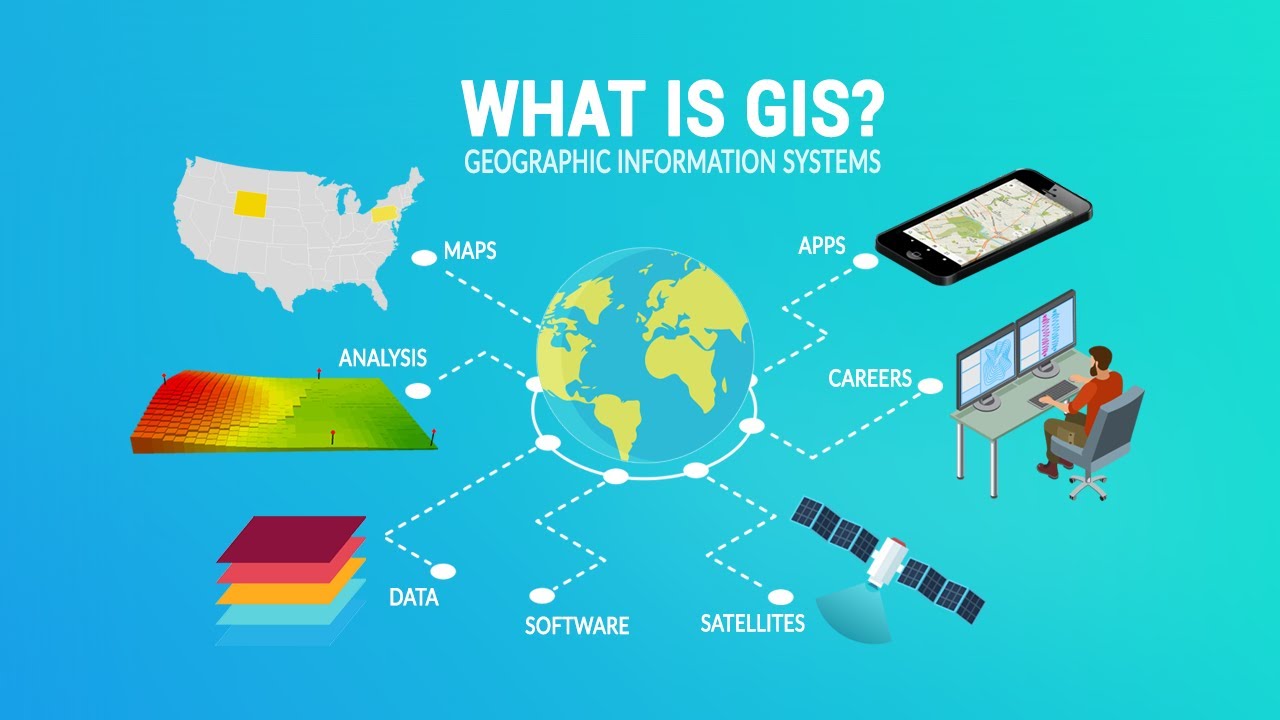Understanding China's Selective Tariff Exemptions

Table of Contents
Factors Influencing China's Tariff Exemption Decisions
China's decisions regarding tariff exemptions are rarely arbitrary. Instead, they are shaped by a complex interplay of political and economic factors, often interwoven with international pressures.
Political Motivations: Exemptions can serve as powerful diplomatic tools. Strengthening ties with a specific country might lead to exemptions on certain goods imported from that nation. Strategic partnerships, particularly in areas like technology or infrastructure, often result in preferential treatment. These political considerations are often intertwined with broader geopolitical strategies.
Economic Factors: Economic considerations are equally paramount. Domestic supply shortages of crucial materials or components may necessitate exemptions to ensure production isn't hampered. High consumer demand for certain imported goods might also influence decisions. Furthermore, exemptions can play a critical role in supporting the development of specific industries deemed strategically important for China's economic growth.
International Pressure and Trade Negotiations: China's tariff exemption policies are not formed in isolation. International pressure, particularly from major trading partners, significantly influences exemption decisions. Trade negotiations often include concessions and compromises, resulting in exemptions as part of broader agreements.
- Examples: Exemptions granted to specific Southeast Asian nations for agricultural products to foster regional stability, exemptions on high-tech components from certain Western countries as part of technology transfer agreements.
- Industries Frequently Exempted: Renewable energy technologies, pharmaceuticals, and certain agricultural products frequently benefit from exemptions due to strategic importance or domestic supply gaps.
- Case Study: The impact of tariff exemptions on the Chinese solar panel industry, allowing for cheaper access to raw materials.
Identifying Products and Industries Eligible for Exemptions
While the process can be opaque, understanding the pathways to securing a tariff exemption is critical for businesses.
Application Process: The application process typically involves submitting detailed documentation to relevant Chinese government agencies, including customs authorities and industry ministries. This requires navigating a complex bureaucracy, highlighting the importance of expert guidance.
Criteria and Documentation: Successful applications require comprehensive documentation demonstrating the need for the exemption, the economic impact, and adherence to Chinese regulations. The criteria can vary depending on the specific product and industry.
Transparency and Predictability: The transparency and predictability of the exemption process are areas of ongoing concern. While official guidelines exist, the practical application often lacks consistency, creating uncertainty for businesses.
- Key Requirements: Detailed product specifications, evidence of domestic supply shortages or unique product characteristics, economic impact analysis.
- Government Agencies: Ministry of Commerce (MOFCOM), General Administration of Customs (GAC), relevant industry ministries.
- Examples: Case studies illustrating both successful and unsuccessful applications, highlighting crucial aspects like proper documentation and effective lobbying.
The Economic and Geopolitical Implications of Selective Tariff Exemptions
China's selective tariff exemptions have far-reaching implications, both domestically and internationally.
Impact on Global Supply Chains: Exemptions can alter global supply chains, diverting trade flows and influencing the location of manufacturing and production. This can create both opportunities and challenges for businesses involved in global trade.
Effects on Chinese Domestic Industries and Consumers: Exemptions can affect domestic industries by increasing competition or by providing access to essential inputs. Consumers benefit from potentially lower prices on certain imported goods, but domestic industries may face increased pressure.
Geopolitical Consequences: The use of tariff exemptions can be interpreted as a geopolitical tool, influencing relationships with other countries and shaping global trade dynamics. It can strengthen or weaken alliances depending on the application.
- Benefits for China: Enhanced access to crucial resources, support for strategic industries, and improved relationships with key trading partners.
- Drawbacks for China: Potential for trade disputes, accusations of unfair trade practices, and the risk of dependence on foreign suppliers.
- Implications for other countries: Potential shifts in trade flows, competition for access to the Chinese market, and the need for adapting to China's evolving trade policies.
Future Trends and Predictions Regarding China's Tariff Exemptions
Predicting future trends requires considering evolving global dynamics and China's own strategic goals.
Changes in Trade Policies: China's trade policies are dynamic, influenced by internal economic shifts and external factors such as trade wars and geopolitical tensions. The frequency and scope of tariff exemptions could change significantly in response to these forces.
Increased or Decreased Use of Exemptions: Depending on China's evolving economic priorities and its relationships with other countries, the use of selective tariff exemptions may increase or decrease. This underscores the need for constant monitoring and adaptation.
Future Predictions: Future scenarios range from a more targeted and strategic use of exemptions to a gradual reduction as China's domestic industries become more self-sufficient.
- Potential Scenarios: Continued use of exemptions to support key strategic industries, a reduction in exemptions as China moves towards greater self-reliance, increased use of exemptions as a tool in geopolitical negotiations.
- Influencing Factors: Global economic growth, technological advancements, geopolitical events, and the progress of China's domestic industry development.
- Recommendations for Businesses: Diversification of supply chains, careful monitoring of Chinese trade policies, proactive engagement with relevant government agencies, and seeking expert advice on navigating the complexities of tariff exemptions.
Conclusion: Navigating the Complexities of China's Selective Tariff Exemptions
Understanding China's selective tariff exemptions is crucial for businesses and policymakers alike. The decisions behind these exemptions are influenced by a complex mix of political, economic, and geopolitical factors, resulting in a dynamic and often unpredictable environment. Successfully navigating this landscape requires careful monitoring of policy changes, proactive engagement with Chinese authorities, and a deep understanding of the implications for global trade. Mastering China's selective tariff exemptions is crucial for success in the Chinese market and in broader global trade. Stay ahead of the curve by understanding China's evolving tariff exemption policies and consulting with trade experts to ensure your business remains competitive and compliant.

Featured Posts
-
 2000 Yankees Diary Joe Torres Meetings And Andy Pettittes Shutout Of The Twins
Apr 28, 2025
2000 Yankees Diary Joe Torres Meetings And Andy Pettittes Shutout Of The Twins
Apr 28, 2025 -
 2000 Yankees Joe Torres Strategic Moves And Andy Pettittes Shutout Performance
Apr 28, 2025
2000 Yankees Joe Torres Strategic Moves And Andy Pettittes Shutout Performance
Apr 28, 2025 -
 Martinsville Speedway Hamlins End To The Dry Spell
Apr 28, 2025
Martinsville Speedway Hamlins End To The Dry Spell
Apr 28, 2025 -
 Exploring New Business Opportunities A Geographic Overview
Apr 28, 2025
Exploring New Business Opportunities A Geographic Overview
Apr 28, 2025 -
 Richard Jefferson Elevated Espn Position Nba Finals Assignment Pending
Apr 28, 2025
Richard Jefferson Elevated Espn Position Nba Finals Assignment Pending
Apr 28, 2025
